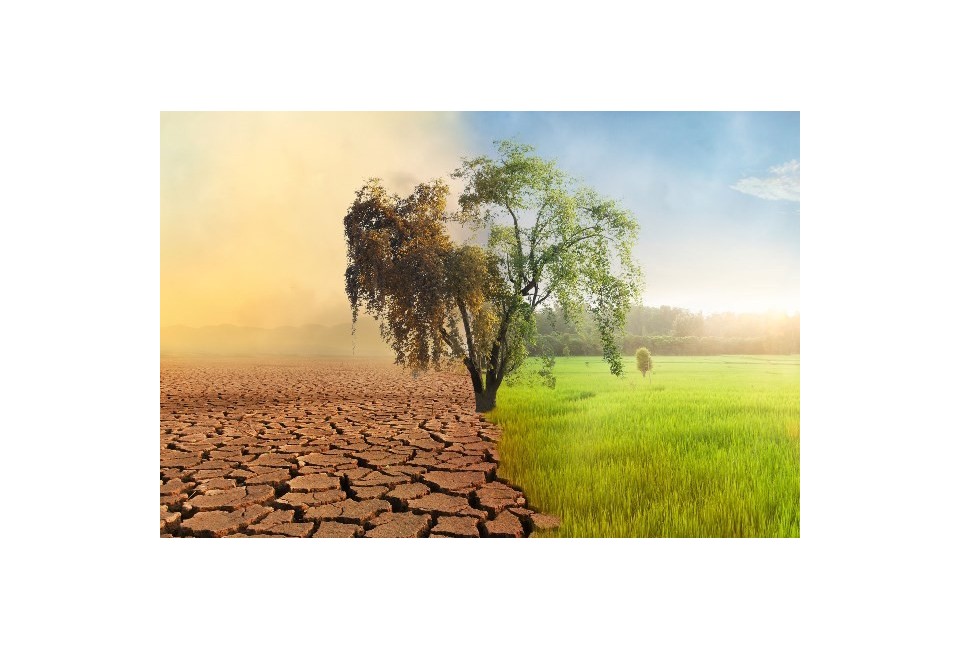The Unfolding Crisis

Understanding and Confronting Global Warming
Global warming, the ongoing increase in Earth's average surface temperature, stands as a defining challenge of our time. The overwhelming scientific consensus confirms that this warming trend is unequivocally linked to human activities, primarily the release of greenhouse gases into the atmosphere. Understanding the mechanisms, impacts, and potential solutions is crucial for navigating this unfolding crisis.
The fundamental driver of global warming is the enhanced greenhouse effect. Certain atmospheric gases, including carbon dioxide (CO2), methane (CH4), and nitrous oxide (N2O), naturally trap solar radiation, keeping the planet warm enough to support life. However, human activities have dramatically amplified the concentration of these gases. The combustion of fossil fuels for energy, transportation, and industry releases vast amounts of CO2. Deforestation diminishes the Earth's natural ability to absorb CO2 through photosynthesis. Agricultural practices, particularly livestock farming and the use of synthetic fertilizers, contribute significantly to methane and nitrous oxide emissions.
The consequences of this warming are already being felt worldwide and are projected to become more severe. Rising global temperatures are leading to more frequent and intense heatwaves, posing risks to human health and straining energy systems. Changes in precipitation patterns are causing both more severe droughts in some regions, impacting agriculture and water resources, and increased flooding in others, leading to displacement and infrastructure damage. The melting of glaciers and ice sheets contributes to rising sea levels, threatening coastal communities and ecosystems. Furthermore, the absorption of excess CO2 by the oceans is causing ocean acidification, harming marine life, particularly coral reefs and shellfish. We are also witnessing an increase in the frequency and intensity of extreme weather events, such as hurricanes, cyclones, and wildfires.
Addressing global warming demands a multifaceted and urgent response. Transitioning to renewable energy sources like solar, wind, and geothermal power is paramount to decarbonize our energy systems. Improving energy efficiency across all sectors, from buildings to transportation, can significantly reduce energy demand. Sustainable transportation options, including electric vehicles and public transit, need to be prioritized. In agriculture and forestry, adopting sustainable practices that reduce emissions and enhance carbon sequestration is crucial. Investing in and deploying carbon capture and storage technologies can help mitigate emissions from industrial processes.
Ultimately, tackling global warming requires a global commitment involving governments, industries, communities, and individuals. Implementing effective policies, fostering technological innovation, and promoting sustainable behaviors are essential steps towards mitigating the causes and adapting to the inevitable changes of a warming world. The future well-being of our planet and its inhabitants hinges on our collective action today.
Comments
No comment at this time!
Leave your comment